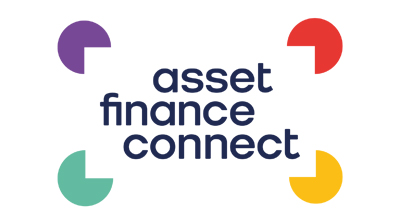There is growing opposition to the Consumer Financial Protection Bureau’s (CFPB’s) plans for regulation of the auto lending sector, with a bipartisan bill designed to remove the agency’s making progress in gaining support for an eventual change in legislation to block its current approach.
The US House Financial Services Committee has approved a bill to revoke the CFPS’s auto lending guidance bulletin, which the agency issued in 2013. This suggests auto lenders impose controls on dealer interest rate mark-ups or eliminate dealers’ discretion to mark-up loans and instead use another reward mechanism, such as a flat fee per transaction.
The bill was passed at the committee by 47 votes to 10. As well as withdrawing the guidance, it says the CFPB should be required to give notice and have a public consultation before issuing guidance and make a full study of the costs and impacts of any guidance on consumers and other recognised groups, such as small businesses.
In addition, the bill’s proponents wants the agency to make public the data and methodologies it uses to assess whether its guidance is being met, in areas such as possible discrimination in lending.
“We want to ensure that the CFPB’s auto finance policy is based on accurate analysis and is based on the best interest of consumers,” noted Representative. Ed Perlmutter, a Democrat, who introduced the bill with Republican Representative Frank Guinta.
The CFPB’s use of a particular methodology to assess whether dealers and lenders are discriminating against ethnic minority groups and others has been strongly criticised by the National Automobile Dealers Association (NADA), among others.
“Discrimination in any form cannot be tolerated, and new-car dealers fully support the nation’s fair lending laws and the commitment of federal agencies to ensure fairness,” said Peter Welch, NADA’s president. “But the CFPB’s policy of eliminating the ability of a consumer to get a discounted auto loan will restrict access to credit and hurt all consumers.
“Congressmen Guinta and Perlmutter have shown great bipartisan leadership to repeal the CFPB’s flawed guidance on indirect auto financing and protect the right of consumers to find the best credit possible when purchasing their vehicles,” he added. “Consumers have the right to find the best loan possible when purchasing a vehicle, the right to negotiate and the right to seek a better deal -- and Washington shouldn’t try to deny that right.”
Fifth Third Bank
Separately, the Wall Street Journal has reported that the CFPB is about to take regulatory action against auto lender Fifth Third Bank Corp. The newspaper reports that the agency has sent the company a letter requesting it cut the mark-up it offers to car dealers as part of auto loans.
According to the report, the letter forms part of negotiations between CFPB and Fifth Third over alleged discrimination in its auto-lending business.
Fifth Third said in May 2014 that it was cooperating with a Justice Department investigation over whether it engaged in discriminatory auto-lending practices. The CFPB is required to refer potentially illegal lending discrimination it uncovers to the Justice Department, though the Justice Department may eventually defer any settlement to the CFPB.
Fifth Third had almost $12 billion worth of auto loans outstanding on average in the second quarter of 2015, making up about one-third of its total consumer lending portfolio.







